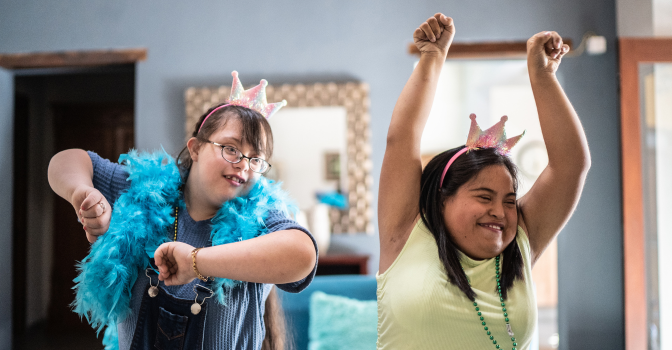It’s that time of year again when New Year’s resolutions are a hot topic of discussion.
Here’s a quick history lesson and a guide to setting and keeping your New Year’s resolutions for 2024.
The history of New Year’s resolutions.
The tradition of making New Year’s resolutions dates back thousands of years. In ancient Babylon, ancient Rome and medieval Europe, people would host ceremonies and make promises of good behaviour at the start of the new year.
While the specific customs have changed over time, the main idea is the same. Today, people around the world use the start of the new year as a time to make positive changes to improve their lives.
What is a New Year’s resolution?
A resolution is a commitment to do or not do something on an ongoing basis. New Year’s resolutions typically start on 1 January in line with the start of the new calendar year.
Don’t have your resolutions ready? Don’t worry, you can start today.
I like to encourage people to realise that any action is a good action if it’s proactive and there is positive intent behind it. – Michael J. Fox
Resolutions vs goals: What’s the difference?
Resolutions share some similarities with goals. However, goals relate to a specific outcome or achievement (You can read about goals and the NDIS in our free ebook 😉).
This story isn’t about the goals you set for the NDIS. It’s about resolutions, which are commitments to make a change in behaviour or lifestyle, creating good habits or breaking bad habits.
Common resolutions.
Resolutions are personal and relate to who you are, and how you want to live your life. Here are a few thought starters for you.
Health and fitness resolutions can improve your overall well-being.
- Try a new form of exercise. There are so many different types of exercise that are suited to people with different abilities and interests.
- Start your day with a green smoothie or try adding some protein and vegetables to each meal!
Exercise and nutrition can have a positive impact on your physical and mental health.
Financial resolutions focus on how to save and spend money.
- Set up a budget for your regular expenses
- Establish a savings fund for a holiday or special activity
- Set up a spreadsheet or use a mobile phone app to track how you spend your money.
These changes can help you take control of your financial situation and give you more transparency on how your spend your money.
Personal development resolutions help you grow as a person and lead a more fulfilling life.
- Read for 10 minutes every day on a subject of interest
- Take up a new hobby just for fun
- Volunteer once a month for a cause you’re passionate about.
Activities that focus on self-improvement can give you a new perspective, help you find a sense of purpose, and bring you joy.
“However difficult life may seem, there is always something you can do and succeed at.” – Stephen Hawking
How to make a resolution and keep it.
- Choose something important to you
- Be specific about the change you want to make
- Plan ahead so you know what steps you need to take to succeed
- Tell someone who will cheer you on and support you through challenges
- Be flexible and remember that the purpose of a New Year’s resolution is to make your life better.
Your success and happiness are within you. Resolve to keep happy, and your joy and you shall form an invincible host against difficulties.” — Helen Keller
Is one of your New Year’s resolutions to get plan management?
If you’d like to find out more about the benefits of working with an award-winning plan manager, call our friendly crew on 1300 05 78 78 or email crew@leapin.com.au.
Or you can sign up today.

